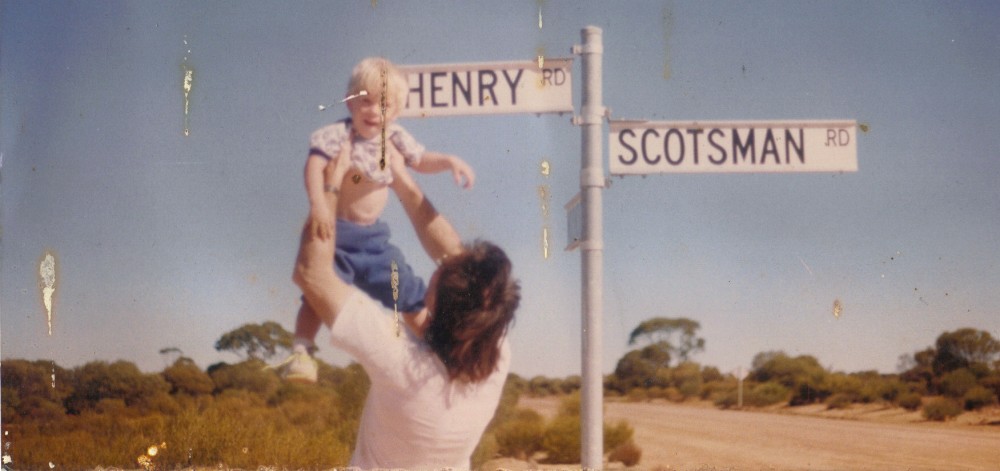In the writing of succint sentences and tidy lines, the opening line is a factor in providing the resonance of the whole piece or can be.
This doesn’t mean you have to come up with an opening line of a sufficient standard, or ability to dazzle, before proceeding. You can start with a line that will end up in the middle or the chorus. There are no hard and fast rules; provided this freedom doesn’t baulk the beginner.
I daresay you can readily pick the classics that launch in superbly with a poignant or pungent line. ‘I can’t remember if I cried’, ‘Busted flat in Baton Rouge/waiting for the train’ ‘How many roads must a man walk down?’
Like every line (well, almost), these famous opening lines are representative of certain fundamentals. They place you as the listener, even though these run across first, second and third person narrative. How is this possible? Well, our brains naturally adopt, and are receptive to, first person; whether this is thinking silently or speaking aloud.
Second person works perfectly well, especially when there’s the involvement of the narrator in the second sample. The character or voice relates the good times for themselves as much as for their cherished companion of yore. And so it does for the reader or listener or viewer.
The third person is exclusive to ‘a man’ so not a woman or a child. Our later age would barely allow that this wanderer is to represent all of humanity. That is a moot point when the lyric goes on to specify that the walking of a quantity of thoroughfares would ‘make you a man’ Women may be as wayfaring as they wish without fear of calibration
All this aside, it does the business because it poses a profound question. It makes us want to stick around to see what happens next; how the matter will be resolved.
This is why conversely some songs are so annoying; they fail in some way to live up to their promise.
Bob Dylan at the height of his powers was doubtless the greatest of his age. You are left astonished at the force and effusiveness and effortless effrontery. It’s altogether magic and he is guaranteed a place in the poetic pantheon. Rather than repetition or vague allusion, he let’s each verse build on the impression. This, to be fair, is not surprising given that he comes from the folk tradition where the habit is to tell a story. So if one is going to battle or about to be caught up in a typhoon, it still should start in the peaceful or vanished past. “Well I was walking down the street one day” “When I quit my job”, only with more of an image to take away with you.
It was said of Bram Stoker that he was not a genius but had written a work of genius, Don McLean may fit that slightly sad sub-circle. Although their other work doesn’t justify dismissal by any means.
The strength of his classic (McLean’s that is) is in the ‘guess who’ elliptical imagery that soon eclipses that first rumination on how upset [the narrator] is. But it would have been promising in many a context. That’s fine, as he doesn’t waste it whatsoever
Kris Kristoffersen kornered the marKet on being down at heel. Well, he had his corner as Tom Waits and Supertramp and Seasick Steve had theirs but to continue. His is outlaw territory, romanticising the non-conformist lifestyle. As all the Bowies and Gaga queens and madonnas have demonstrated time and again; adopting a persona is good business. It’s turning out a heartbreaking reminisce into the process that elevates the song into that strata were subsequent artists are going to want to interpret it or plain cover it unadorned.
‘Sunday Morning Coming Down’ is another hobo moment but one without a love interest.
